How Does a Mini Split HVAC System Differ From Other HVAC Units?
When it comes to heating and cooling your home, selecting the right HVAC system is crucial for both comfort and energy efficiency. One popular option is the mini split HVAC system, often praised for its flexibility and efficiency. However, it's important to understand how this system differs from other common HVAC units, such as central air conditioning and traditional heating systems, to determine if it's the right fit for your home.
Air Distribution
First and foremost, a mini split HVAC system differs from a central air conditioning unit in the way they distribute air. Central air conditioning relies on a network of ducts to deliver heated or cooled air throughout the entire home. In contrast, a mini split system uses individual air handlers installed in each room or zone, allowing for more precise temperature control. This ductless feature not only reduces energy loss but also simplifies installation, as there are no extensive ductwork requirements.
Zoning
Additionally, mini split systems offer greater zoning flexibility compared to other HVAC units. Each air handler can be independently controlled, meaning you can set different temperatures for different zones in your home. According to This Old House, a single mini split air handler can heat or cool up to 1,000 square feet, depending on the climate and system size. This makes mini splits particularly suitable for homes with varied heating and cooling needs or for spaces like home additions and garages that might not be connected to the main HVAC system.
Cost and Efficiency
Another significant difference is the efficiency and potential cost savings of mini split systems. Since these systems do not use ducts, they eliminate the energy losses associated with ductwork. Mini splits also use inverter technology, which adjusts the speed of the compressor to meet the desired temperature more efficiently, resulting in lower energy bills. This can be especially beneficial in climates with variable weather conditions.
A mini split HVAC system offers several advantages over traditional HVAC units, including enhanced zoning capabilities, greater energy efficiency, and easier installation. Their ability to independently heat or cool different areas of your home makes them a versatile and efficient choice for modern living spaces. Understanding these differences can help you make an informed decision when choosing the best HVAC system for your home. To learn more about different HVAC systems, reach out to Ocean State Mechanical Inc today.

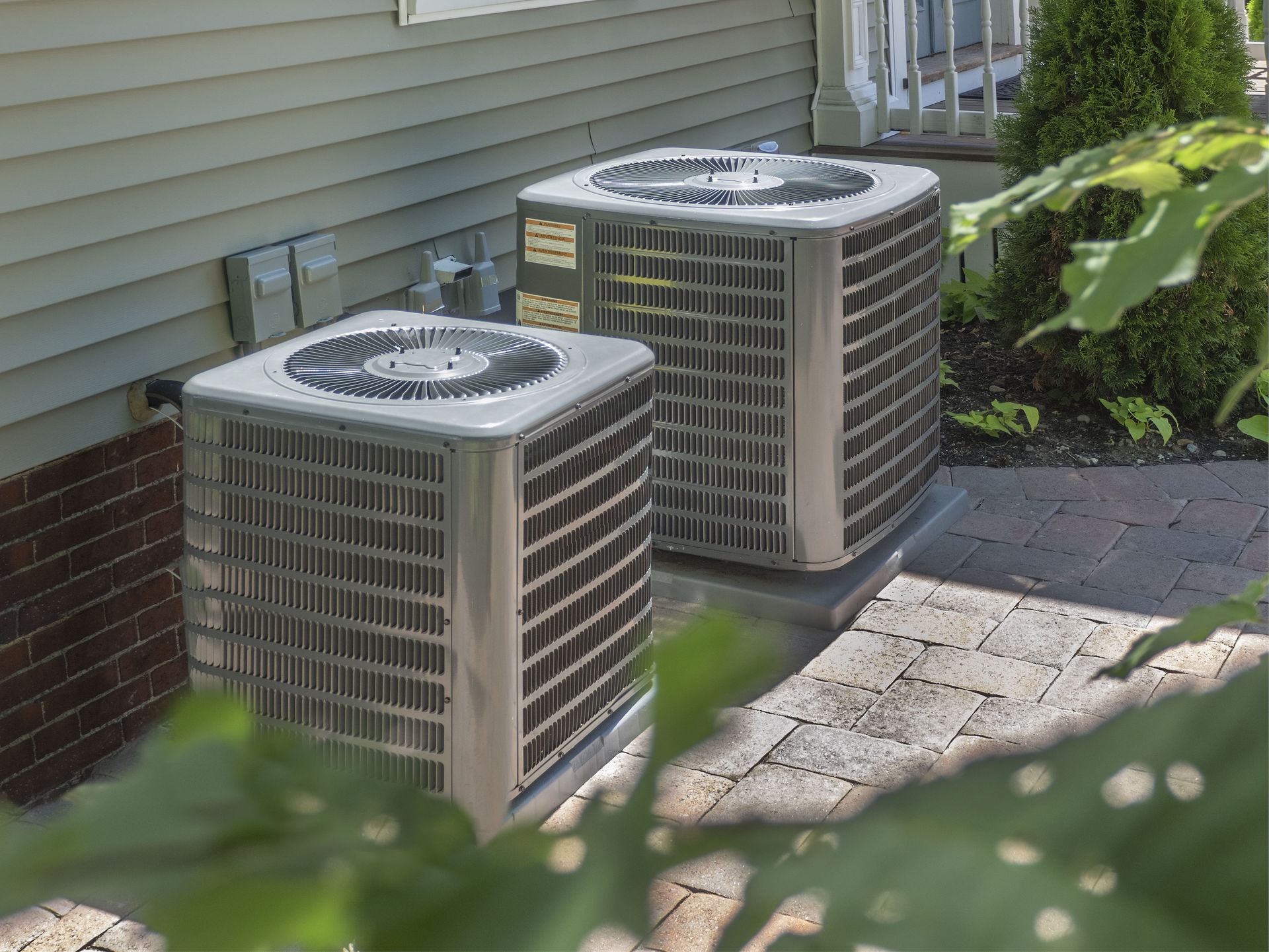
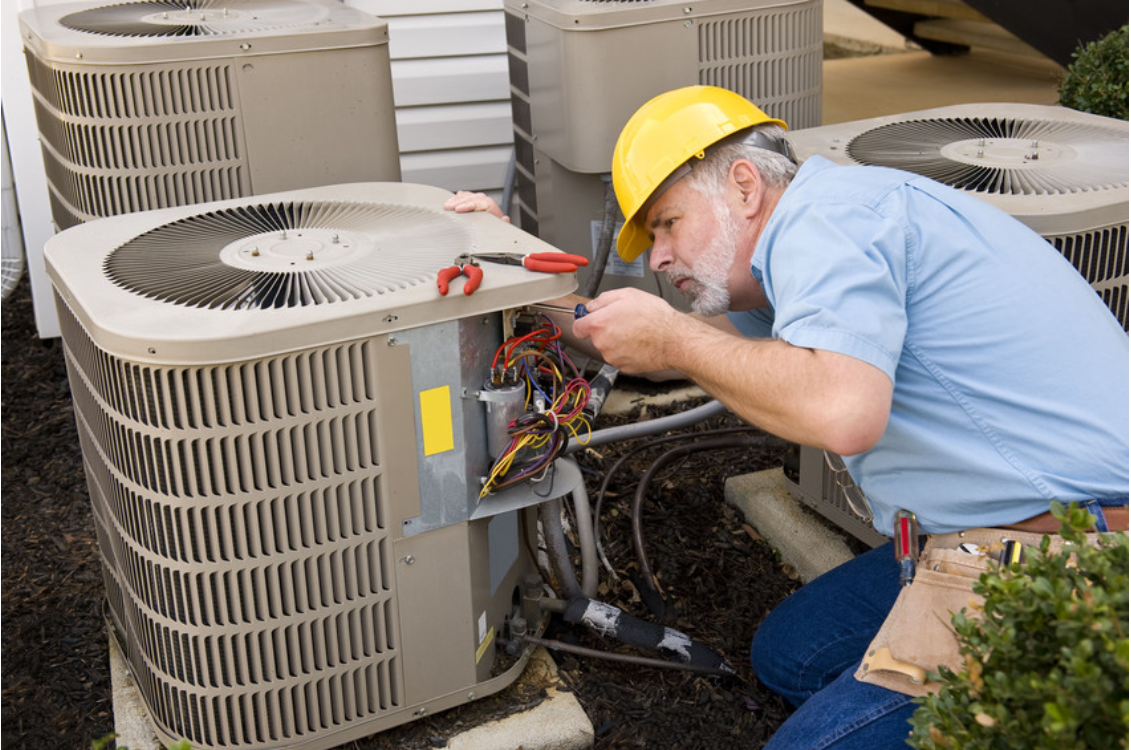

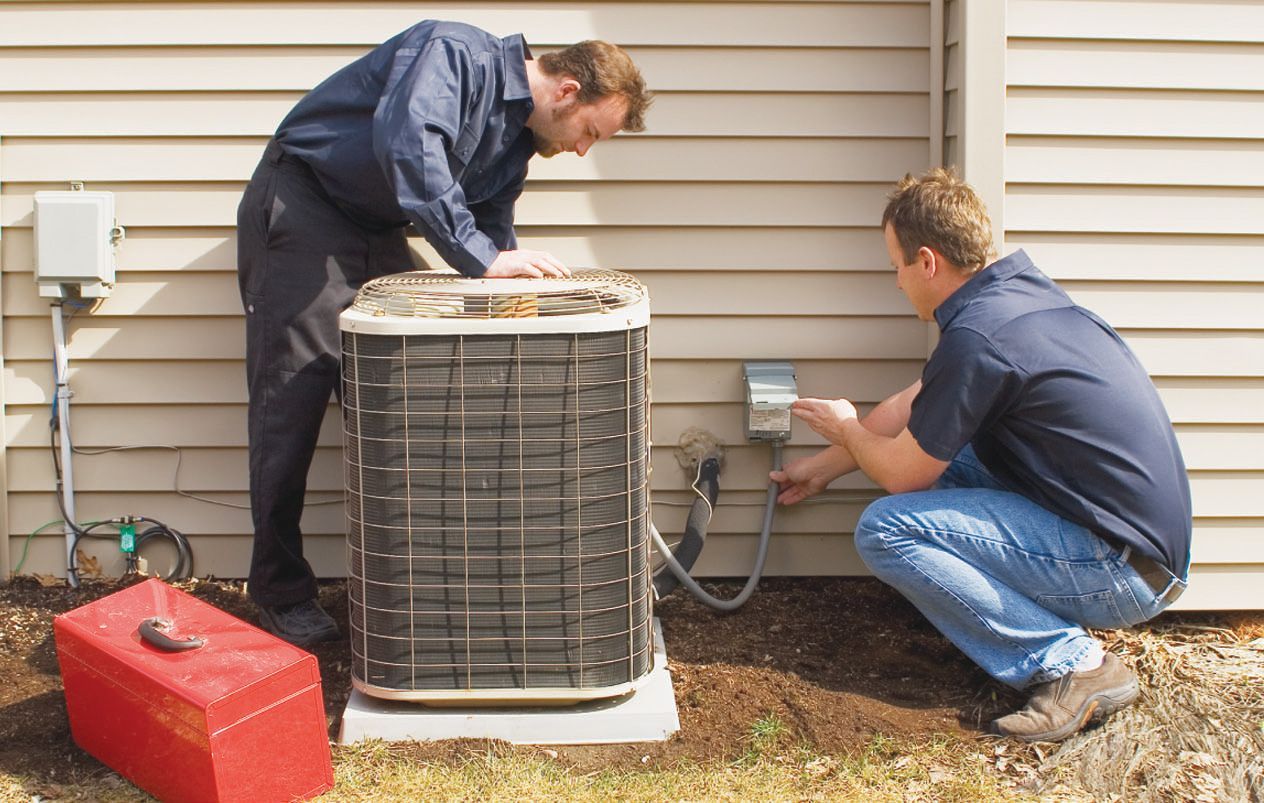
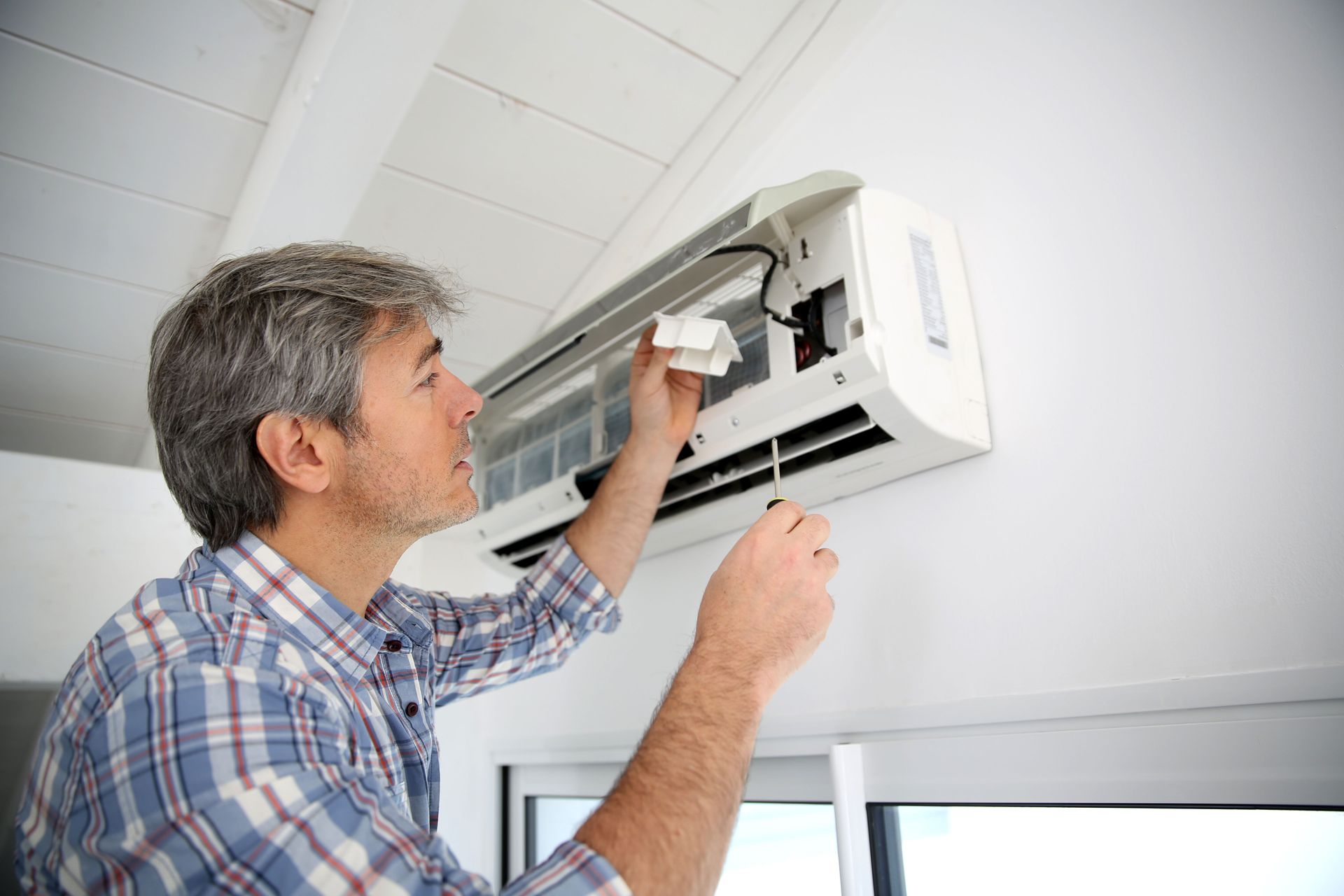
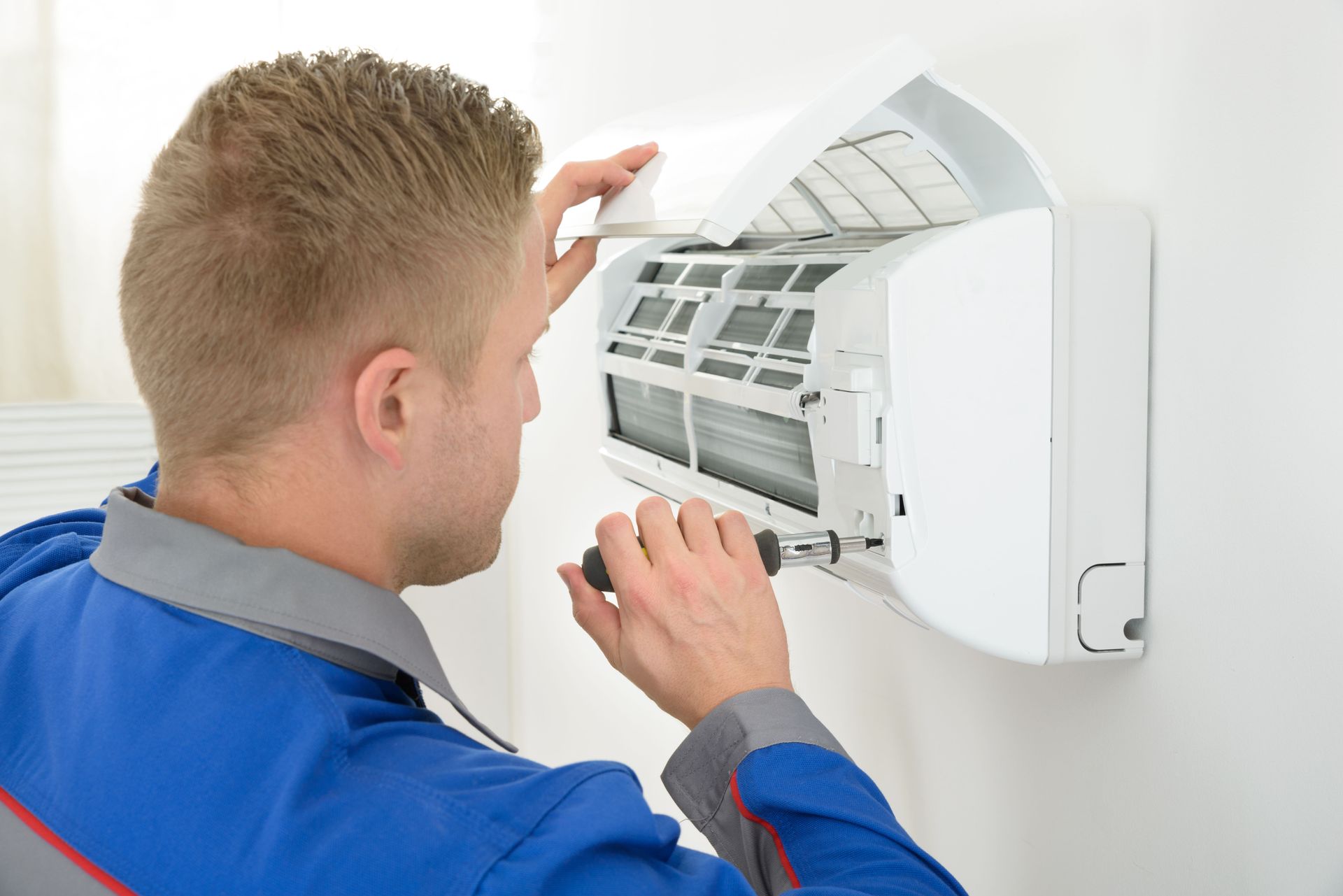
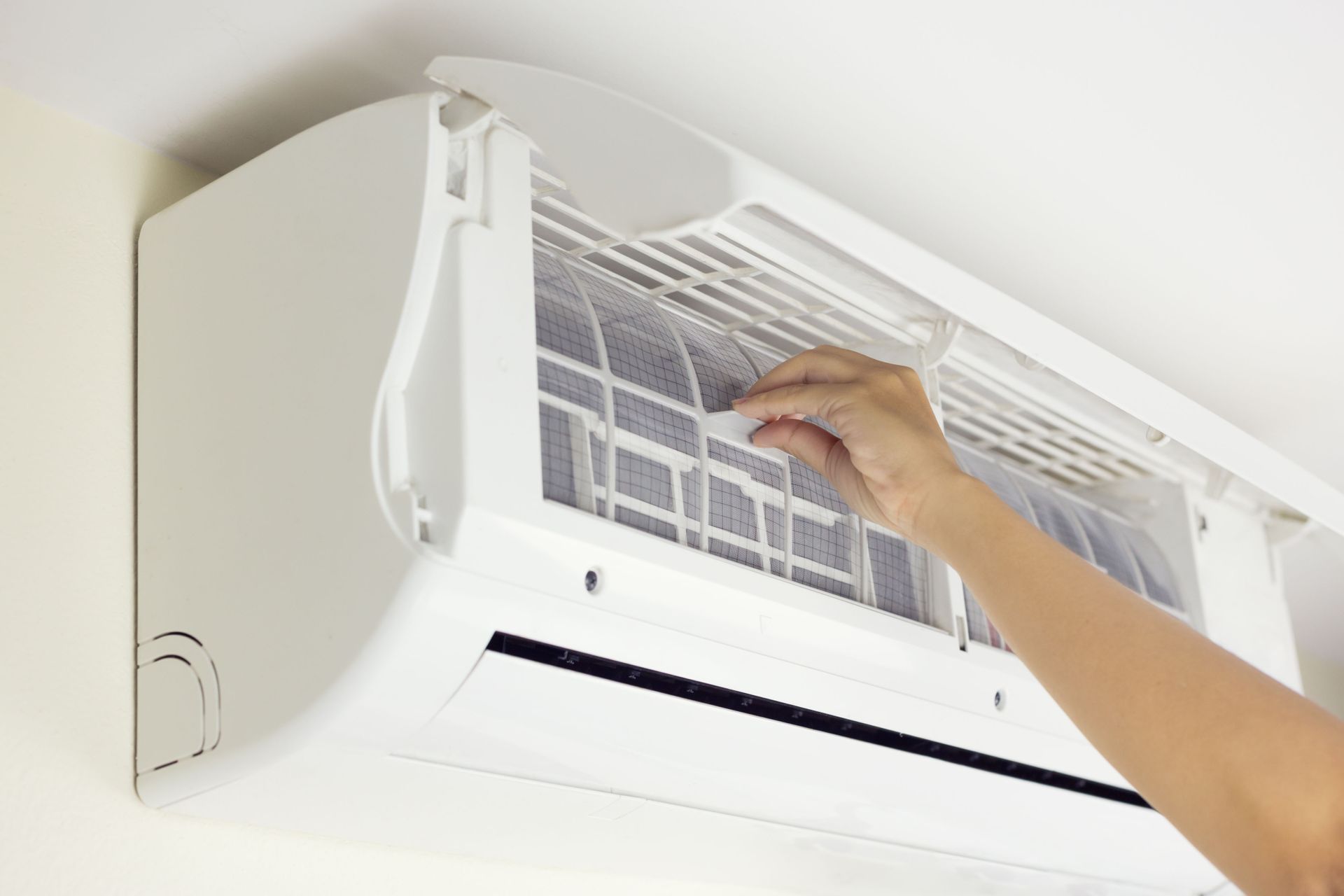
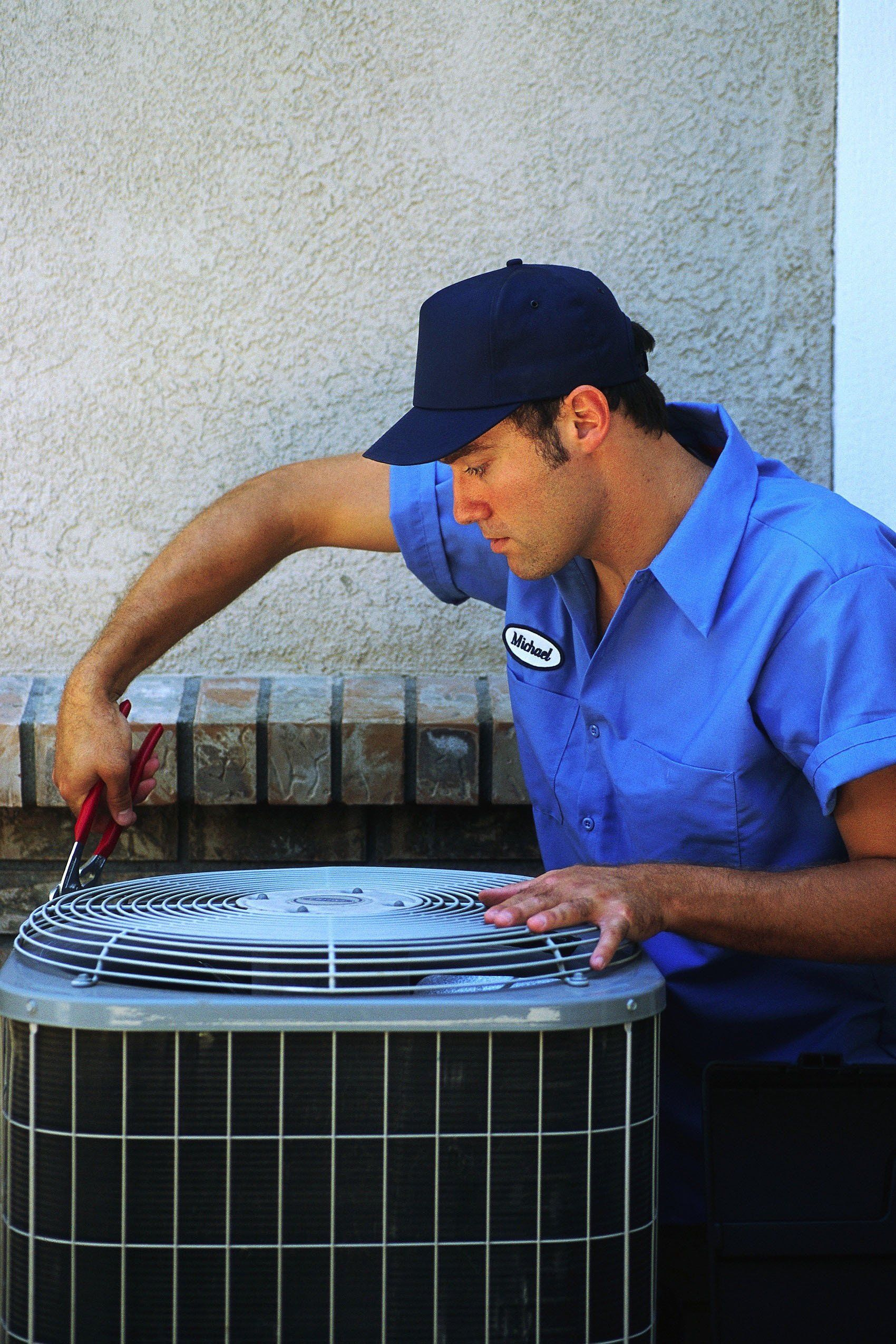
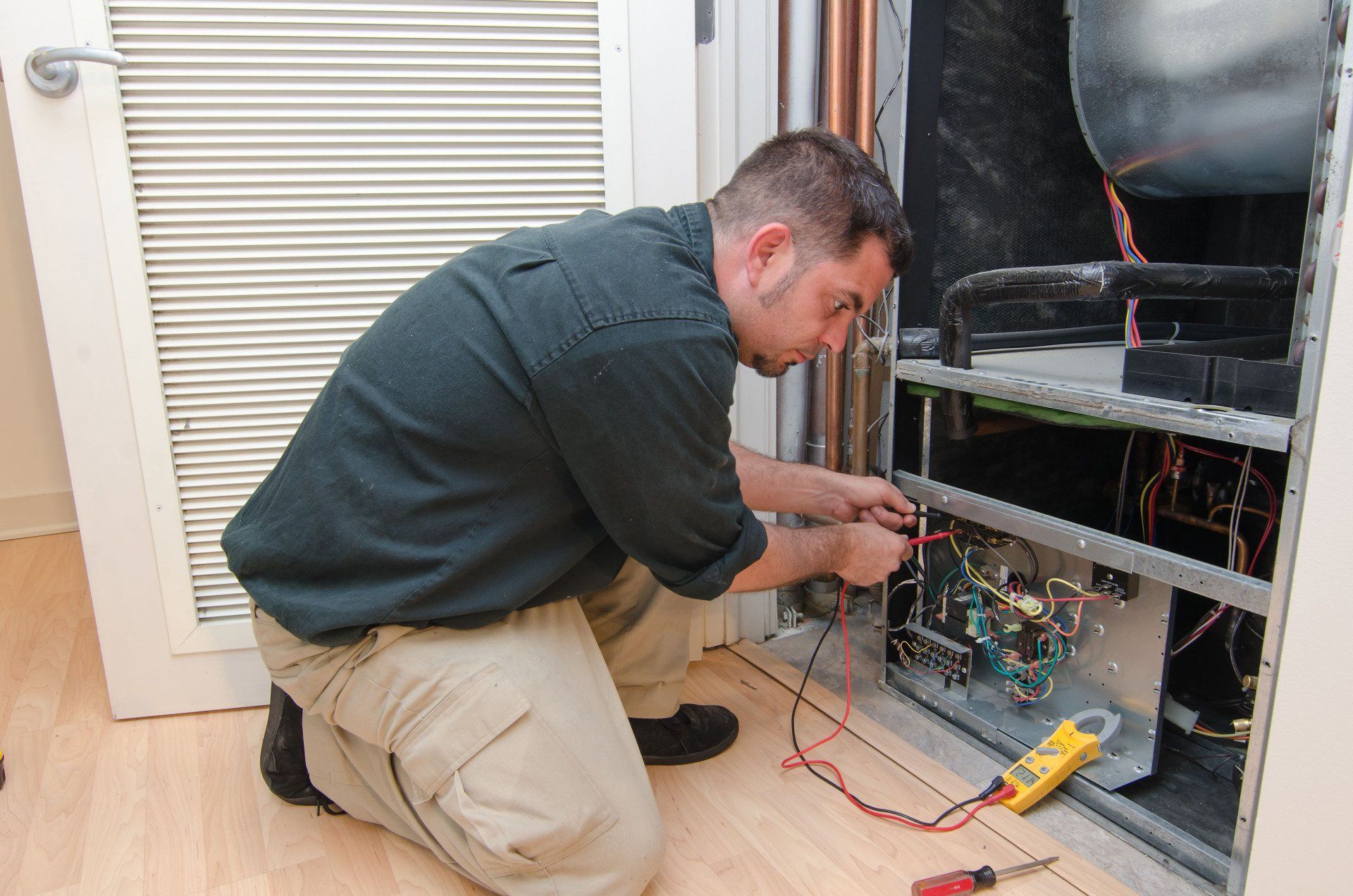
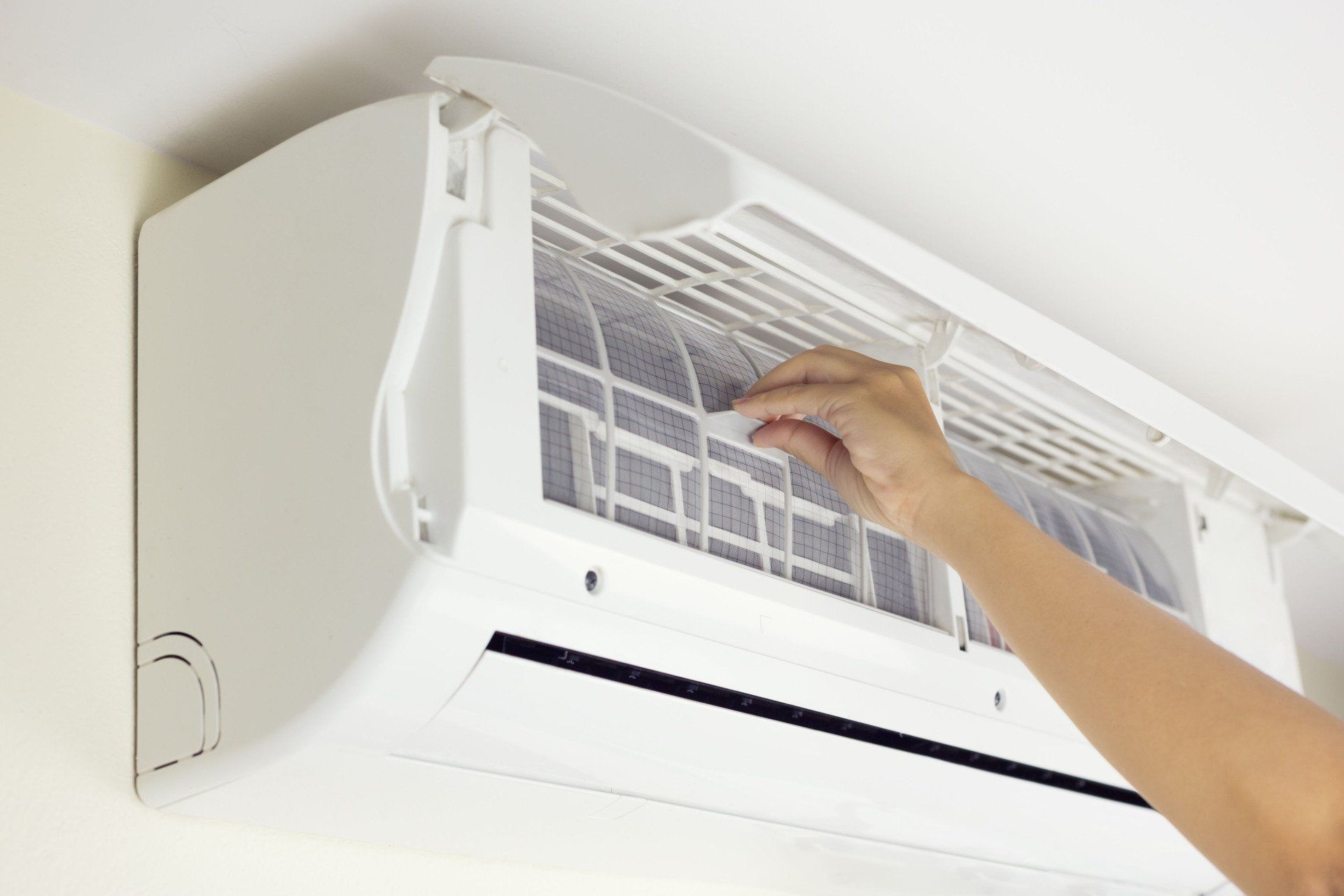
Share On: